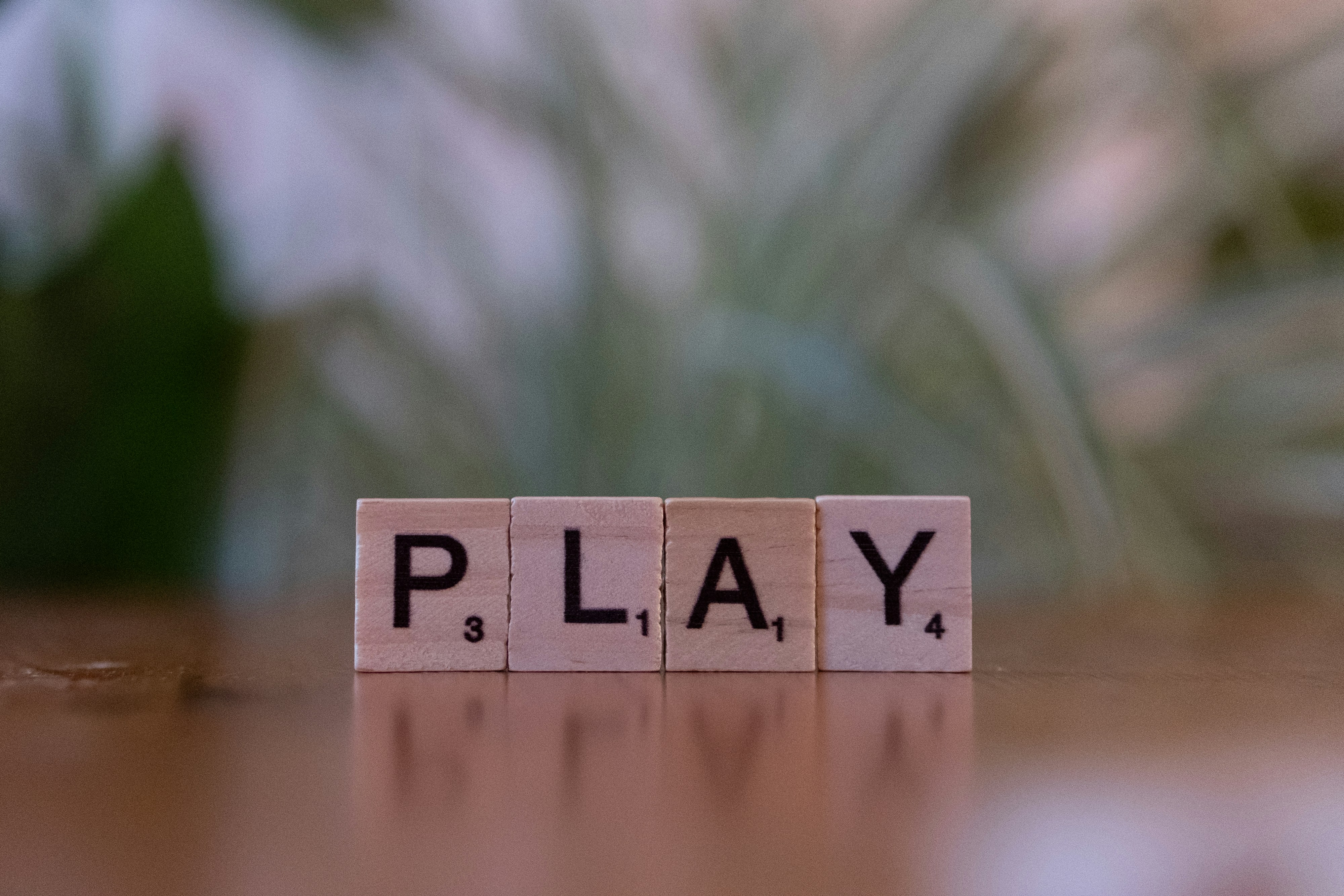Transform Your Mental Health: Unlock the Power of Mindfulness Daily
Mindfulness—a term that seems to swirl into conversations about wellness, mental health, and overall well-being—has become more than just a buzzword. It’s a transformative practice often heralded as a key to unlocking a more balanced, peaceful existence. As we delve into the power of mindfulness and how daily practices can reinvigorate your mental health, you may discover that a few moments carved out of each day can indeed lead to profound change.
What Is Mindfulness and Why Is It Important?

At its core, mindfulness is the practice of being fully present and engaged with the current moment. It encourages an openness to experiences without the judgment that can cloud our thoughts or feelings. This intricate dance with awareness allows us to observe our thoughts, emotions, and surroundings—leading to a deeper understanding of ourselves.
What many don’t realize is that the benefits of mindfulness extend far beyond mere relaxation. Numerous studies indicate that mindfulness can significantly reduce symptoms of anxiety and depression, enhance emotional regulation, and even improve cognitive function. According to the American Psychological Association, practicing mindfulness can lead to positive changes in brain structures, enhancing areas related to emotion regulation and cognition.
The Neuroscience Behind Mindfulness

Exploring the neuroscience of mindfulness offers fascinating insights into why these daily practices can yield such noteworthy benefits. Research indicates that consistent mindfulness practice can physically alter brain structure. It encourages the thickening of the prefrontal cortex, the area responsible for complex cognitive behavior and decision-making. Concurrently, it reduces the volume of the amygdala, the part of the brain that triggers fight-or-flight responses—essentially helping us manage stress and anxiety more effectively.
This upward spiral of mental well-being creates a virtuous cycle: as you develop your mindfulness skills, you become more adept at handling life's inevitable challenges, further improving your mental resilience. For those keen on a deeper understanding of the science behind mindfulness, consider checking out in-depth resources from Harvard Health or exploring studies listed on PubMed.
Daily Mindfulness Practices to Transform Your Mental Health

Now that we've established what mindfulness is—and why it matters—let’s dive into actionable daily practices that can profoundly influence your mental health.
1. Mindful Mornings

Starting your day with intention sets the tone for everything that follows. Adopt a morning routine that incorporates mindfulness. This could be as simple as taking five deep breaths before reaching for your phone or spending a few moments journaling. Not only does this foster a sense of serenity, but it also mentally prepares you to face the day ahead.
For a simple yet effective practice, consider the concept of gratitude journaling. Write down three things you're thankful for each morning. This helps shift your focus toward positivity and primes your mind for the challenges that may arise.
2. Mindful Eating

Mindful eating is a powerful practice that transcends the mere act of consuming food. It encourages you to savor every bite and tune into your body’s hunger and fullness cues.
Consider designating your lunch break as a time of mindful eating. Choose a meal devoid of distractions—no screens, no multitasking. Focus solely on the flavors, textures, and aromas of the food. By practicing mindfulness during meals, you may find not only satisfaction but also a healthier relationship with food. For tips on mindful eating, check out this article.
3. Mindful Movement

Incorporating mindfulness into physical activity can elevate your exercise routine. Whether it's yoga, tai chi, or a simple walk, focusing your attention on the sensations in your body can benefit both your mental and emotional state.
Walking, for instance, transforms from a mundane task into a meditative experience when done mindfully. Pay attention to each step, the feeling of your feet touching the ground, and the rhythm of your breath. As you begin to notice these sensations, you'll likely feel a deep connection to your surroundings—enhancing not only your mood but also your overall physical health.
4. Breathing Exercises

Among the most straightforward yet powerful tools for enhancing mindfulness are breathing techniques. Deep, intentional breathing can ground you during stressful moments, reducing anxiety and promoting a clearer mind.
Try the "4-7-8" breathing technique: inhale deeply through your nose for a count of four, hold your breath for seven counts, and exhale slowly through your mouth for a count of eight. Repeat this cycle a few times whenever you feel overwhelmed, and notice how it transforms your mindset.
5. Mindfulness Meditation

Meditation is one of the most recognized forms of mindfulness practice. Setting aside time—whether it’s five minutes or an hour—to focus solely on your breath, thoughts, or guided imagery can yield powerful mental health benefits.
To get started, find a quiet space to sit comfortably. Close your eyes, take a few breaths, and then focus solely on your breath. Thoughts will arise; acknowledge them without judgment and gently return your focus to your breath. Resources like Headspace or Calm offer great guided meditations for beginners.
Breaking Down Barriers to Mindfulness

While integrating mindfulness into your daily routine sounds appealing, many encounter barriers. Busy schedules, distractions, or skepticism may arise. Here are a few tips to overcome common obstacles to practicing mindfulness:
1. Start Small

Instead of committing to an hour-long meditation session daily, start with as little as five minutes. Gradually build up as you become more comfortable. Each small step is a victory along your mindfulness journey.
2. Create a Designated Space

Establishing a space dedicated to mindfulness practice can significantly enhance your ability to focus. Whether it's a cozy corner in your living room or a serene spot outside, having a designated area serves as a trigger for mindfulness as soon as you enter.
3. Use Technology Wisely
Leverage technology as a means to enhance your mindfulness practice. Set reminders on your phone to take a mindfulness break during your day, or utilize mindfulness apps that guide you through meditations or quick exercises. Just remember—balance is vital; technology should facilitate mindfulness, not detract from it.
The Ripple Effect of Mindfulness
The beauty of mindfulness is that its impacts reach beyond your own mental health. As you begin to cultivate a calm and centered mindset, you may notice positive changes in your relationships and interactions with others. Enhanced emotional regulation allows you to respond more thoughtfully rather than reactively, building stronger connections and fostering empathy.
Moreover, the ripple effect can extend to your workplace and community. A more mindful individual contributes to a healthier environment, positively influencing those around them.
The Role of Mindfulness in Modern Life
In our fast-paced world, where distractions abound and pressure mounts, mindfulness also serves as a precious counterbalance. Integrating it into your busy lifestyle does require commitment, but the rewards are monumental.
With mindfulness, you can navigate life’s challenges with clarity and poise. Instead of feeling overwhelmed by daily stresses, financial pressures, or personal struggles, you’ll cultivate resilience and a greater sense of control over your environment.
Next Steps: Embracing Your Mindfulness Journey
Now that you've explored the transformative impact of mindfulness, consider this your call to action. Here’s how to take the first steps on your mindfulness journey:
-
Commit to Your Practice: Choose one or two mindfulness techniques that resonate with you. Commit to practicing them daily for at least a week to build consistency.
-
Reflect on Your Experiences: Keep a journal reflecting on your mindfulness journey. Document how particular practices make you feel, any challenges you face, and the benefits you experience over time.
-
Seek Community: Engage with mindfulness communities, whether online or locally. Sharing experiences and tips with others can enrich your practice, making it feel less solitary and more rewarding.
-
Educate Yourself: Read books or articles that deepen your understanding of mindfulness. Resources like "The Miracle of Mindfulness" by Thich Nhat Hanh offer profound wisdom and practical tools for thriving in today’s chaotic world.
-
Be Patient: Finally, remember that cultivating mindfulness is a journey—one that requires patience and self-compassion. Embrace the ups and downs; every moment of practice contributes to your overall mental well-being.
Final Thoughts
Mindfulness is not a one-size-fits-all solution, nor is it an overnight fix for life's stresses. However, by committing to daily practices, you usher in the possibility of deep transformation in your mental health. This mindful approach opens doors to a more engaged, peaceful, and—most importantly—authentic way of living.
As you venture forth, allow yourself the grace to explore and experience; remember that no two journeys are the same. Welcome each instance of mindfulness as a step toward greater self-awareness and mental resilience, and watch as the world around you transforms, one mindful moment at a time.


